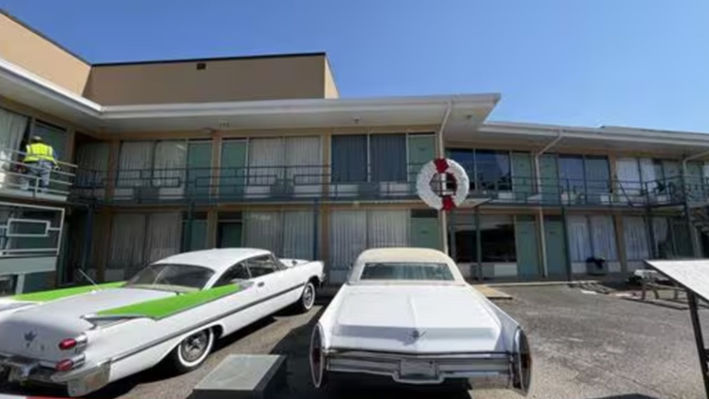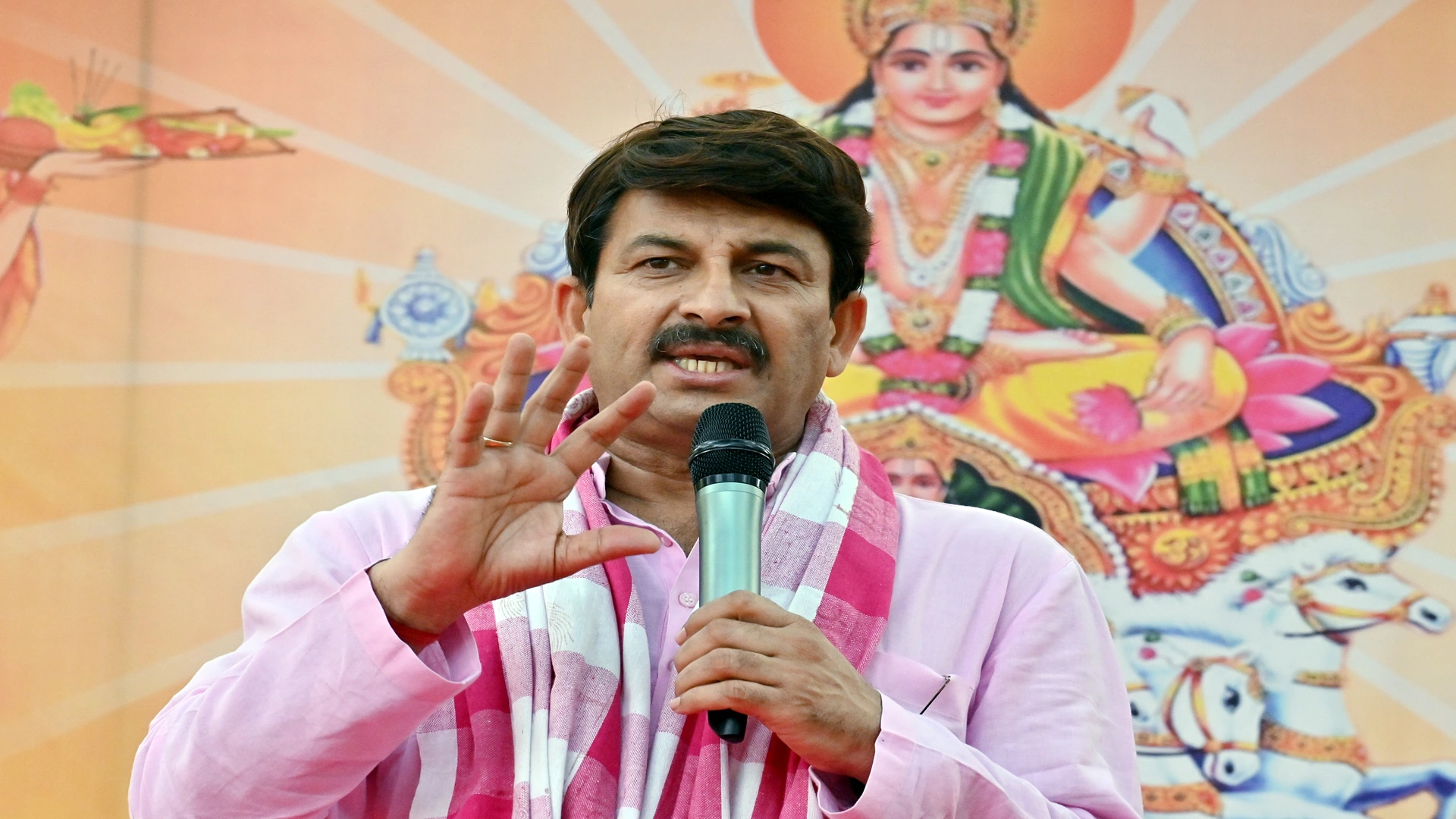The Legacy of Martin Luther King Jr. and Today’s Political Realities
In 1968, Martin Luther King Jr., a 39-year-old civil rights leader, was tragically shot outside Room 306 at the Lorraine Motel in Memphis, Tennessee. King had traveled to Memphis, a city with deep roots in the slave trade, to march with sanitation workers in their fight for better conditions. Today, the Lorraine Motel stands as the National Civil Rights Museum, a symbol of both the brutal history of racial injustice in America and the ongoing struggle for equality.
The National Civil Rights Museum: A Journey Through History
Visiting the museum is like traveling through centuries of racial oppression, from the Transatlantic Slave Trade to the labor of Black workers in cotton and tobacco plantations that fueled America’s wealth. The museum also highlights the Civil War, which ended slavery, and the Jim Crow era, marked by institutionalized segregation and the disenfranchisement of Black Americans. It honors the relentless fight for civil rights led by thinkers, activists, churches, and educational institutions, inspired in part by Gandhi’s teachings.
Standing next to Room 306, where King was assassinated, is a poignant reminder of the long battle for rights, including the right to vote. This tragic moment in history also marked a turning point, leading to significant, though incomplete, victories for Black Americans.
A Fractured Political Landscape for Black Voters
Today, just miles from the museum, the political landscape for Black Americans is complex. Four Black workers at a hotel on Beale Street, Memphis—a hub of musical legends like Elvis and BB King—shared mixed feelings about the upcoming election. Despite historical ties between Black voters and the Democratic Party, some expressed support for Donald Trump, crediting him for stimulus checks during the COVID-19 pandemic.
Trell, one of the workers, voiced his frustration, saying, “Kamala (Harris) is fake. Trump talks s*** about everyone who isn’t White or rich. But Trump did give us money.” Quinton agreed, adding, “Trump won’t drag us into foreign wars. And a woman isn’t ready to lead America.”
Chanyra, the only woman in the group, disagreed with the idea that women couldn’t lead but acknowledged her political alignment with Trump, stating, “Her values don’t align with mine.” Aaron, the youngest, criticized the Biden administration’s priorities, saying, “Biden and Harris give money to Ukraine but there is no money for hurricane relief. Trump is better for the economy.”
The Shift in Voting Patterns
Tennessee, a solidly Republican state, is expected to support Trump in the upcoming election. However, the mixed views of these Black voters reflect a growing fracture within the Democratic base. While Black voters traditionally align with the Democratic Party, dissatisfaction with the current administration has caused some to lean toward Trump, citing economic concerns and frustration with being taken for granted by Democrats.
This shift is significant, especially considering that a Black woman, Kamala Harris, is on the presidential ticket. Former President Barack Obama has even addressed this issue, urging Black men to reject misogyny and support Harris. Harris herself has launched initiatives targeting Black men, visiting churches and appearing on popular podcasts to win back their support.
Trump, meanwhile, has actively courted Black voters by focusing on economic issues, illegal immigration, and his claim that he has done more for Black Americans than any president since Abraham Lincoln.
Black Women: A Loyal Base for Harris
Despite the emerging divide among Black men, Black women remain overwhelmingly supportive of Kamala Harris. In Philadelphia, a group of young Black voters at a movie theater expressed their loyalty to the Democratic Party. Kyrah, a 20-year-old first-time voter, cited abortion rights as her primary concern, saying, “I would have voted for Harris anyway. But as a woman, abortion is a big issue for me.”
DJ, a 25-year-old, voiced concerns about Trump’s potential policies, particularly Project 2025, which he believes could allow police to “stop and frisk” Black men. Rhamir, 21, highlighted Harris’s personal background, stating, “It isn’t that she is Black. It is that she came from the middle and lower classes. Trump was born with a silver platter.”
The Influence of Gender and Race on Voter Sentiment
While men may be drifting toward Trump, Black women in other states, including North Carolina, remain strong supporters of Harris. Lotasha, a prison correctional officer, acknowledged Trump’s appeal to law enforcement but rejected the idea of voting for him, citing his divisive rhetoric. She emphasized the need for a leader who is “personable and relatable.”
Teresa, a former FedEx employee in Memphis, agreed, saying, “Trump is a joke. The world will laugh at us again if he is president. It has to be Kamala Harris.”
The Ongoing Fight for Equality
The voices of these Black voters, spread across three states, highlight the diversity of opinion within the community. Issues ranging from the economy to immigration, and from racial justice to women’s rights, are driving political discussions. For many, the fight for equality that Martin Luther King Jr. championed remains a central concern, as they continue to exercise the rights he fought for so passionately.
King may have passed, but the struggle for justice and equality lives on in the political choices and voices of today’s Black Americans.







